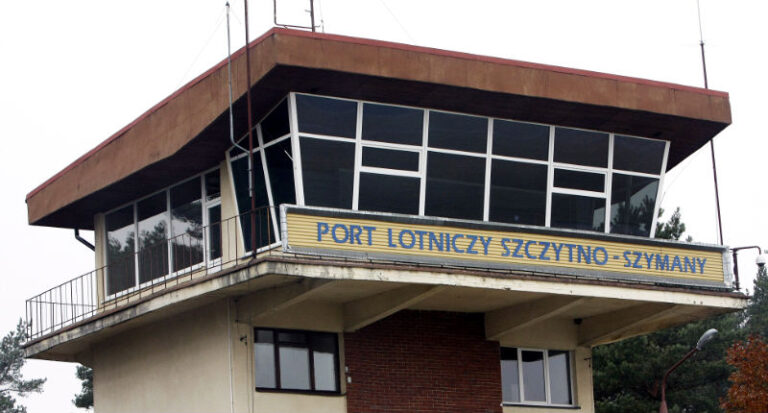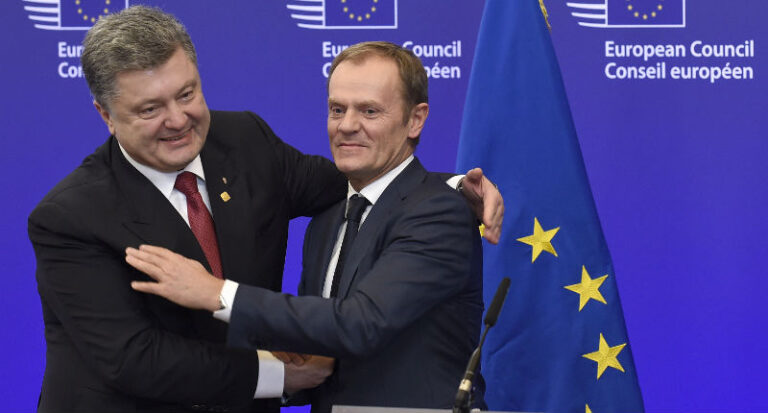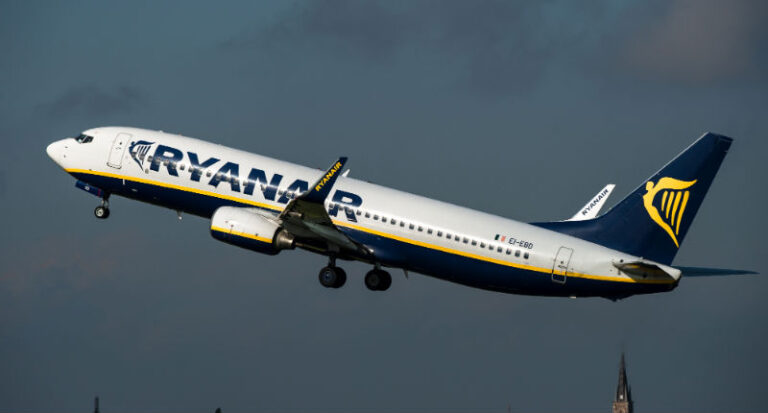The head of the new Polish Space Agency (POLSA) has revealed that the institution will be ready to begin its activities in the first half of March.
At a meeting between representatives of POLSA, the Pomeranian Special Economic Zone and of the city of Gdańsk, where the agency will be based, the head of POLSA, Professor Marek Banaszkiewicz explained that the agency will begin functioning within two weeks.
He added that negotiations over renting office space are currently being finalised. POLSA is expected to rent 300 square meters of office space in the Gdańsk Science and Technology Park.
The agency will initially employ twenty staff and is now recruiting people with relevant expertise. Professor Banaszkiewicz commented that “This is a difficult process because in Poland humanity studies are more popular than engineering ones; it is difficult to find people with a very good CV in space engineering.”
However the nearby Gdańsk University of Technology may help to change that as it is planning to create a new interdisciplinary degree related to space technology within the next year or two.
POLSA was called up last year to unite the diverse Polish organisations currently involved in space technology research and related sectors. Its aims include sharing knowledge acquired about space technology with any branches of Polish industry which could make use of it.
The agency has been provided with an annual budget of PLN 30 million (EUR 7 million).












